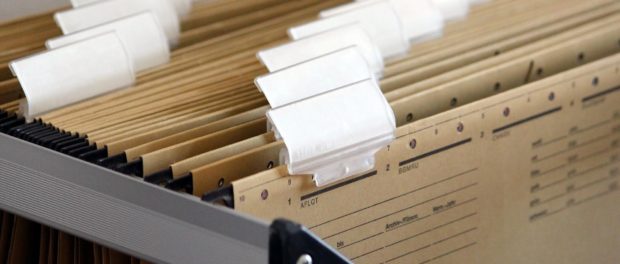Deliberative Secrecy
In an October 15, 2024 decision, the Court of Appeal of Alberta dismissed the application of CGU, who sought an order for the disclosure of certain records of the Board.
The Applicant was a professional engineer in Alberta, whose registration had been cancelled based upon the decision of the Alberta Disciplinary Committee that determined CGU had committed acts of professional misconduct. The decision was upheld by the Association of Professional Engineers and Geoscientists of Alberta Appeal Board (Board) in August 2024.
Applicant sought leave to file an appeal of the Board’s decision, which is currently pending. To support this application, Applicant sought additional records from the Board, including private meeting notes of the Board, invoices, emails between the Board and Alberta Disciplinary Committee (DC), and details of individual board members. Applicant’s request was denied by the Board.
The Applicant relied on the Engineering and Geoscience Professions Act, RSA2000, c E-11 (Act), asserting that the Board was required to disclose the records, and that “deliberative secrecy” cannot be exercised. On the other hand, the Board asserted that the Act, in fact, does not require the disclosure of the requested records.
In consideration of the application of CGU, this Court found that the Board did include all records that were before it. The issue to be addressed was only whether the Board was required to disclose the requested records. Under Section 65 of the Act, the “investigated person…may examine the record or any part of the record of the proceedings and hear any recording or examine any mechanical or handwritten form of record of any testimony.” Proceedings only include meetings of the DC and Board members. Applicant asserted this also included meetings between the DC and the Board panel members, including deliberative notes. This is not the stated intention of the Legislature, as section 65(4) of the Act only allows the Board to provide notes or records from the meetings of parties sitting before it and not deliberative notes, nor does the Board have to provide records that it does not possess.
Dismissed application for production of records.


